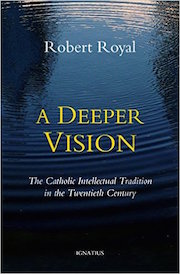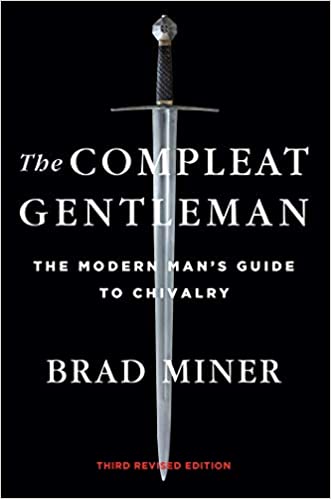Many readers will be familiar with the story of Nicholas of Myra at the Council of Nicaea. It’s said that when the saint heard Arius speak heresy, he was so angered that he strode across the Council floor and struck the heresiarch in the face. Now, that behavior is not to be imitated or encouraged. Still, there’s something admirable in it. Perhaps Nicholas couldn’t control his temper. But at least he took dogma seriously and understood that a dogmatic error would empty Christianity of meaning, of all goodness and beauty. At least he saw dogma as something worth fighting about.
Now, that account might seem out of season. In fact, however, it’s perfectly suited to today’s feast – not only because it concerns the Trinity, but because it brings out the importance of dogma itself.
Up until today, the Church’s liturgical calendar has commemorated and celebrated historical events: Christmas, the Presentation, Easter, Ascension, Pentecost, etc. These are easier to get our minds around because they happened in our world and involved people like us. We can point to the place and imagine the scene. But today’s feast is not about an event. It’s about a dogma, and that’s always a more difficult thing to convey. So perhaps we should just linger on the importance of dogma itself and our celebration of it. We must learn to appreciate, as Nicholas did, that the drama is in the dogma.
It will strike many people (including many Catholics) these days as weird, perhaps even unhealthy, to celebrate a dogma. The word is rightly associated with authority and requirements of belief – abhorrent things to our culture. Worse still, today we celebrate the highest dogma, the most dogmatic of all dogmas, if you will. That God is One in Three Persons, Father, Son and Holy Spirit. That each Person is entirely God and together they are one God. That the Father generates the Son, the Son loves the Father, and the Spirit is the love or the bond between them.
Most people will find that pretty boring stuff and desire more stories and events – more action. But this dogma is the purpose of all the other feasts, of everything else that we’ve celebrated thus far. We might have the impression that Trinity Sunday is just an addendum to Easter, Ascension, and Pentecost. But God entered the world, suffered, died, and rose again precisely to communicate the Trinity – in both senses of the word communicate. That is, to reveal the inner life of the Triune God and to impart that life to man.
The modern mentality despises religious dogmas. This is at the heart of the liberalism in religion that Newman set himself against. One of the worst modern myths is that dogma doesn’t matter. What matters is that we all just love one another, do good, serve the poor, etc. At best dogma gets in the way. At worst, it leads to intolerance and persecution.

But the human mind is made for dogmas. If you close the door on them, they’ll just sneak in another way. The religion of the day scorns traditional religious dogma only to admit dogmas of its own, which are extraordinarily intolerant. So, it does matter what you believe. And those who claim otherwise tend to be dogmatic about that. Modernism begins by convincing the Church’s teachers to set aside dogma only to bring it back with a vengeance.
Now, the reason to believe in and to celebrate the dogma of the Trinity is because it is true. It hasn’t been revealed to us for any utilitarian purpose – not to build up civilization or save the West or any such thing. We celebrate this dogma because God is. And He should be adored because He is and as He is. So the prayers for today’s Mass speak of God simply as He is and not about anything He has done.
That said, to live according to dogma also brings great benefit, as devotion to the truth always does. To believe and live the truth of the Triune God frees us from the slavery of this world. It relativizes everything else and proclaims our independence from any created thing. This is why prayer is a subversive act. God is. No state, no economy, no ideology can take His place. Many forces seek to shape our lives, to fashion us according to power, pleasure, and possessions. But those who worship the Triune God are beyond the reach of those forces and are shaped by the Trinity.
Put another way, what we believe shapes who we are. We inevitably become like what we worship. (cf. Ps. 115) So, to adhere to the one true God forms us in the truth. It means to be shaped by the God who is not pure will (as Allah is) but in whom the Logos, divine reason, is central. (Which is to vindicate human thought as well.) Our celebration of the dogma shapes us according to the One who is a community of love. A people in common worship of the Trinity takes on His likeness.
Today we rejoice to have received a dogma. The God to be adored has been made known to us and we have been introduced into His company. Because God is one, we are free from mankind’s almost universal inclination to polytheism and pantheism. Because God is three, we’re introduced into his community of life and love.
















